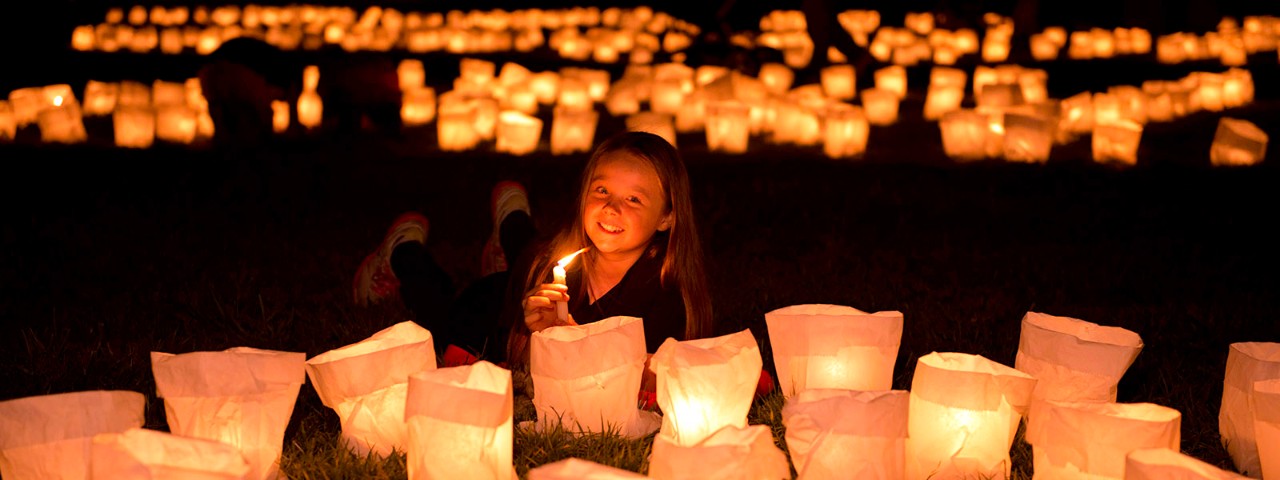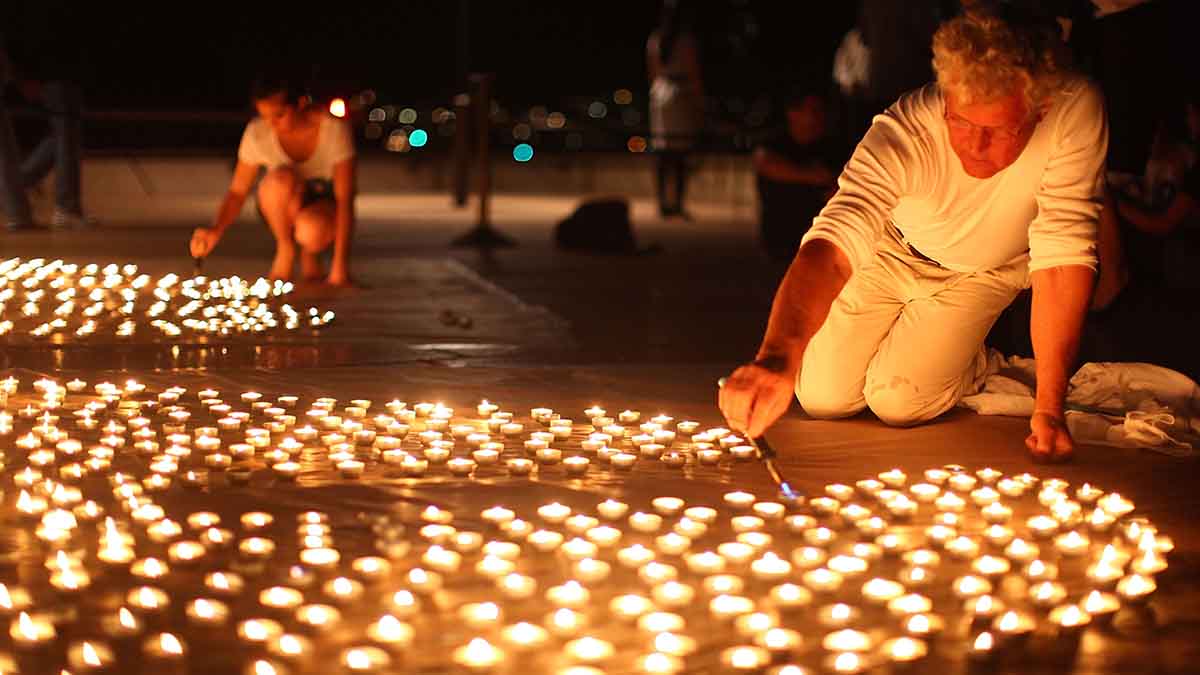A dishwasher can save you time, water and energy if used right. Here’s what to look for when buying an energy and water efficient dishwasher.
Earth Hour 2022 returns to bring environmental issues to light

On Saturday, March 26, millions of Australians will switch off all their lights at 8.30pm, and not because they want to have an early night.
One in three Australians are tipped to take part in Earth Hour in 2022 - the global initiative aimed at raising awareness of ecological issues affecting the planet.
But for a project known around the world for asking individuals, businesses and governments to switch off their lights, “Earth Hour is not an energy-saving campaign,” says Jasmine Ledger – a spokesperson at Earth Hour.
“Switching off lights is a simple and symbolic way for people to demonstrate their support for Earth Hour and add their voice.”
A home-grown eco initiative
Earth Hour was first launched in Australia back in 2007 as a way for the World Wide Fund for Nature (WWF) to raise awareness of environmental issues.
Since then, Earth Hour has grown into a global movement encompassing more than 7,000 cities in 190 countries.
During that time the initiative has used its platform to help launch a number of environmental projects, including the creation of a 3.4 million hectare marine park in Argentina, a ban on plastic bags and Styrofoam in the Galapagos, and providing 500 portable solar lamps to rural Ethiopian communities (the program has since been expanded to Papua New Guinea).

The Melbourne Star during Earth Hour in 2018. Image: supplied
Showcasing the natural world
In 2022, Earth Hour marks its 15th anniversary and is celebrating by devoting this year’s event to the planet’s flora and fauna.
“This year’s event aims to shine a light on the importance of having thriving ecosystems that are abundant with wildlife,” says Ledger.
Earth Hour is calling on people to reflect on how the planet’s at-risk natural environments, such as Australia’s Great Barrier Reef where warming oceans are causing coral bleaching - impacting marine life.
Those who register online to take part in Earth Hour also gain access to the inaugural Earth Hour Film Festival, co-hosted by WWF and Documentary Australia.
The online festival features five environmental documentaries as well as Damon Gameau (That Sugar Film and 2040) and Regen Studios’ new film, Regenerating Australia. Using a mock news bulletin format, the film explores an imagined future for Australia in which the country has transitioned to a “fairer, cleaner, more community-focused economy”.
Do I have to switch off my lights for Earth Hour?
So, if switching off your electricity for 60 minutes isn’t the point of Earth Hour, do you have to do it?
Short answer is no – Earth Hour encourages people to switch off, but it’s not necessary (especially if it’s unsafe for you to do so depending on individual circumstance).
However, if you choose to switch off, you’ll be joining millions of people – not to mention major landmarks like the Sydney Opera House, Federation Square, Eiffel Tower, Empire State Building and even the Pyramids – in turning off the lights to support the global initiative.
While it’s not the purpose of the event, past Earth Hours around the world have resulted in small drops in energy expenditure and carbon emissions. During Melbourne’s first Earth Hour in 2008, demand for energy dropped 10.1 per cent, while the 2009 Earth Hour caused energy usage drop 15.1 per cent in the Canadian province of Ontario (excluding Toronto).
On the micro scale, switching your lights off for an hour might shave a few dollars off your energy bill, depending on other expenditure during your billing period (and switching to LED lightbulbs can save you even more money in the long term).

Just because the lights are off, doesn't mean you have to be in the dark. Image: supplied
What to do for Earth Hour 2022
Some ways you can take part as an individual on the night include hosting a lights-off watch party of an environmental film or documentary, going stargazing or organising a (safe) night-time nature walk.
Businesses and community groups can also take part and can organise screenings of Regenerating Australia from March 21 to 25, in the lead up to its public release on March 26.
Beyond Earth Hour itself, participants are encouraged to make further eco-friendly changes. That could be as small as changing energy providers, planting a veggie garden, or switching to solar.


